The Power of Plants in Home Decor: How to Decorate With Plants
When you step into any home, you will likely find a plant or two gracing its living spaces. People have used plants to decorate their homes for a long time, enjoying their beauty and the positive effects they bring. Indoor plants are great for creating a calm atmosphere at home or adding some greenery to your office.

📸: @greentica
Plants are more than just a pretty addition. They're a breath of fresh air, literally! Plants improve the interior appearance, purify the air, and promote a calming atmosphere. This, in turn, enhances both mental and physical well-being.
Today’s world has sustainability and self-care at the forefront of people’s minds, so it is not surprising that indoor houseplants have all the spotlights on them. In this blog, we'll take you through everything you need to know about bringing the power of plants into your home.
We will offer tips and advice from experts. We will assist you in selecting the appropriate plant decorations for your space. We will also teach you how to properly care for them so they can thrive. Grab your gardening gloves and get ready to discover the incredible world of indoor plants.
The Benefits of Plants in Home Decor
Don’t just decorate with houseplants because people tell you it's trendy! Do it because it's one of the smartest decisions you can make for your health and happiness. Not only do these green beauties spruce up your space, but they also have some fantastic benefits that go beyond aesthetics.

Indoor plants clean the air, making your home healthier to breathe in. These green friends will absorb toxins, reduce pollution, and create an overall cleaner atmosphere for you and your family.
Adding plants to your home can have a positive impact on your mental and physical well-being too. Indoor plants can reduce stress, enhance creativity, and improve mood, leading to increased happiness and relaxation. Plus, Melvin Cubian, a gardening expert at Plantin, reminds us that “engaging with simple activities like repotting can reduce stress levels and blood pressure, which is a good distraction when you feel low and unmotivated.”

Last but not least, plants can create a calming and tranquil atmosphere in your home. Plants can bring nature indoors, making your space feel calm and refreshing, whether you like leafy greens or a simpler style. Mo Bhula, plant specialist at The Botanical Archive emphasizes that plants will “soften the hard lines of a room, add natural color and texture, and create a more welcoming and inviting atmosphere.”
How to Start Decorating Your Home with Plants
Some plants are not equal. Factors to consider include the amount of light, temperature, and humidity in each room.
Certain plants, such as succulents and cacti, thrive in low-light conditions and require minimal maintenance. However, ferns and tropical plants thrive in higher humidity levels and require exposure to bright light. So, before rushing out to buy a bunch of plants, take the time to assess each room.

Additionally, some plants are time-consuming to care for. Choosing low-maintenance plants like snake plants or aloe vera can help reduce stress and make it easier to keep your plants healthy and thriving. If you're new to plant parenthood, we recommend starting with easy-to-care-for options and working your way up to more challenging plants.
Get creative when decorating with plants indoors! "We see the trend of rarer and more unusual plants continuing, plants like Anthurium Crystallinum, Alocasia Dragon Scale, and Philodendron Pink Princess,” states plant expert Mo Bhula. Indoor plant decor has no limit.

You can place houseplants in any part of your home, like the living room, bedroom, bathroom, and kitchen. You can choose hanging plants or potted plants, create a plant display, or place them on shelves and side tables. Experiment with different locations and plant species as you build your greenery room aesthetic to fit your lifestyle.
DIY, plant, and home decor expert Emily Auffrey shares her love for Pothos, “This plant trails and climbs, allowing you to trail or climb it on decor.” Emily continues, “I have a Pothos climbing up my plug-in pendant light cords. Hiding the cords and providing an aesthetically pleasing look at the same time.
We all have different surroundings and requirements. However, the main aim is to use plants to improve the appearance and ambiance of your area. This will make it cozy and welcoming.
Taking Care of Your Plants
Taking care of your indoor plants is also an essential part of having them in your home. Here are some quick tips to help you be a good plant parent:
Provide Adequate Light
Plants need light to photosynthesize and grow. Choose a spot in your home with plenty of natural light or supplement with artificial lighting.
Make sure the plants receive at least 6 hours of direct light each day. While plants need light, too much direct sunlight can scorch their leaves and damage them. To combat this, try placing them in a location with bright, indirect light instead.

Water Regularly
Watering your plants consistently is critical for their long-term survival and health. However, be careful not to over-water them, as this can lead to root rot. Instead, wait until the top layer of soil has dried out before watering, and make sure to drain any excess water. As a cheap and affordable tool, we recommend getting a plant moisture meter to assist you in this process.

Fertilize
Plants need nutrients to grow and maintain their health. To help your plants grow, feed them regularly with plant food. During the growing season, feed them every two weeks. When they're not growing, feed them once a month.

📸: @leafandlolo
Too much fertilizer can damage your plants and lead to salt buildup in the soil. Follow the instructions on the fertilizer package and use it sparingly.
Introducing New Plants
Something not often thought about is what to do when bringing new plants home. “Quarantine new plants you bring home for 2 weeks,” suggests home decor expert Emily Auffrey. “The new plant could have pests and you don't want it to infect the rest of your plants.”

Repotting Your Plants
Repotting your plants every now and then will contribute to long-term health and growth. Melvin Cubian, gardening expert at PlantIn, emphasizes the importance of repotting your plants “with a well-draining mixture of standard soil, organic material like peat moss or compost, and perlite or sand will keep its roots healthy, aerated, and absorb water and nutrients nicely.”

📸: @fellowtexan
Don't Neglect Pruning
Pruning your plants is important for their growth and health. Cut back any dead, yellowing, or damaged leaves, and prune back any branches that are crossing or touching other parts of the plant. This allows the plant to channel its energy toward the healthy branches for better growth.

Visualize Plants in Your Home Today
But the journey doesn't end here. We want you to try adding greenery to your real rooms. If this sounds fun, be sure to check out the DecorMatters home decorating app for all things interior design, including indoor plants. The app is great for both experienced and new plant owners. It helps you see and buy plants for your actual home.
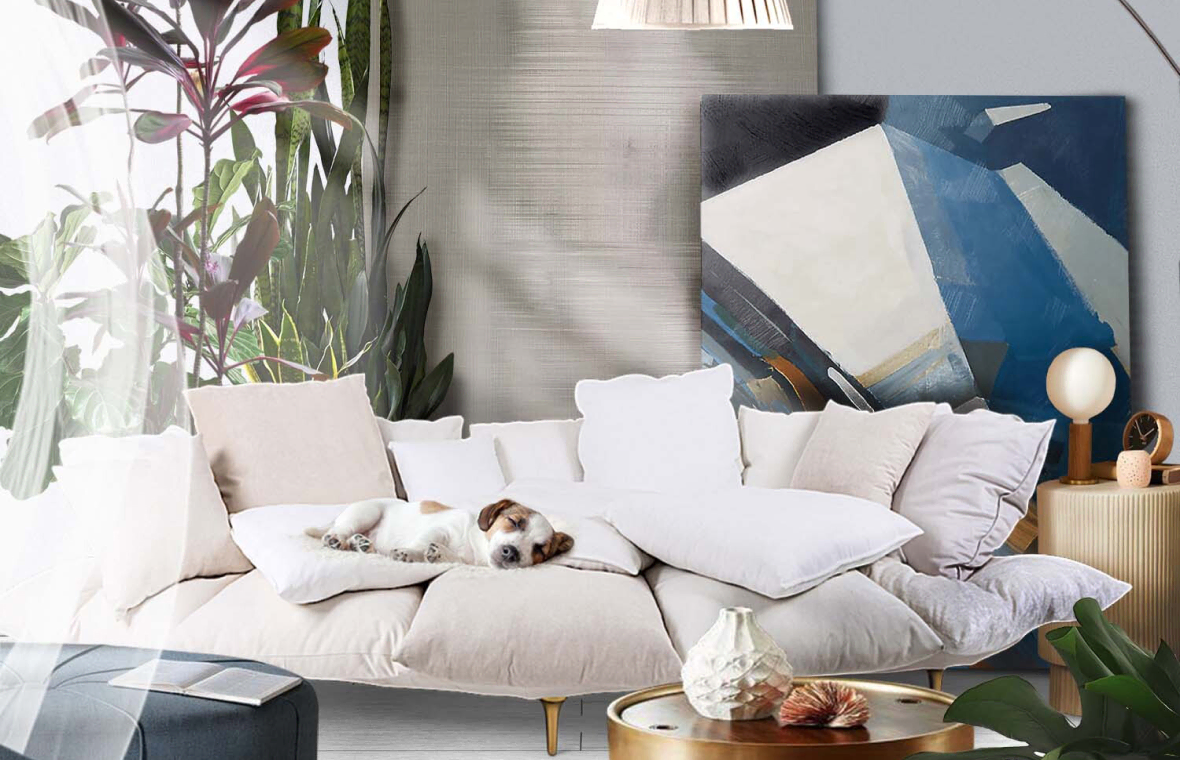
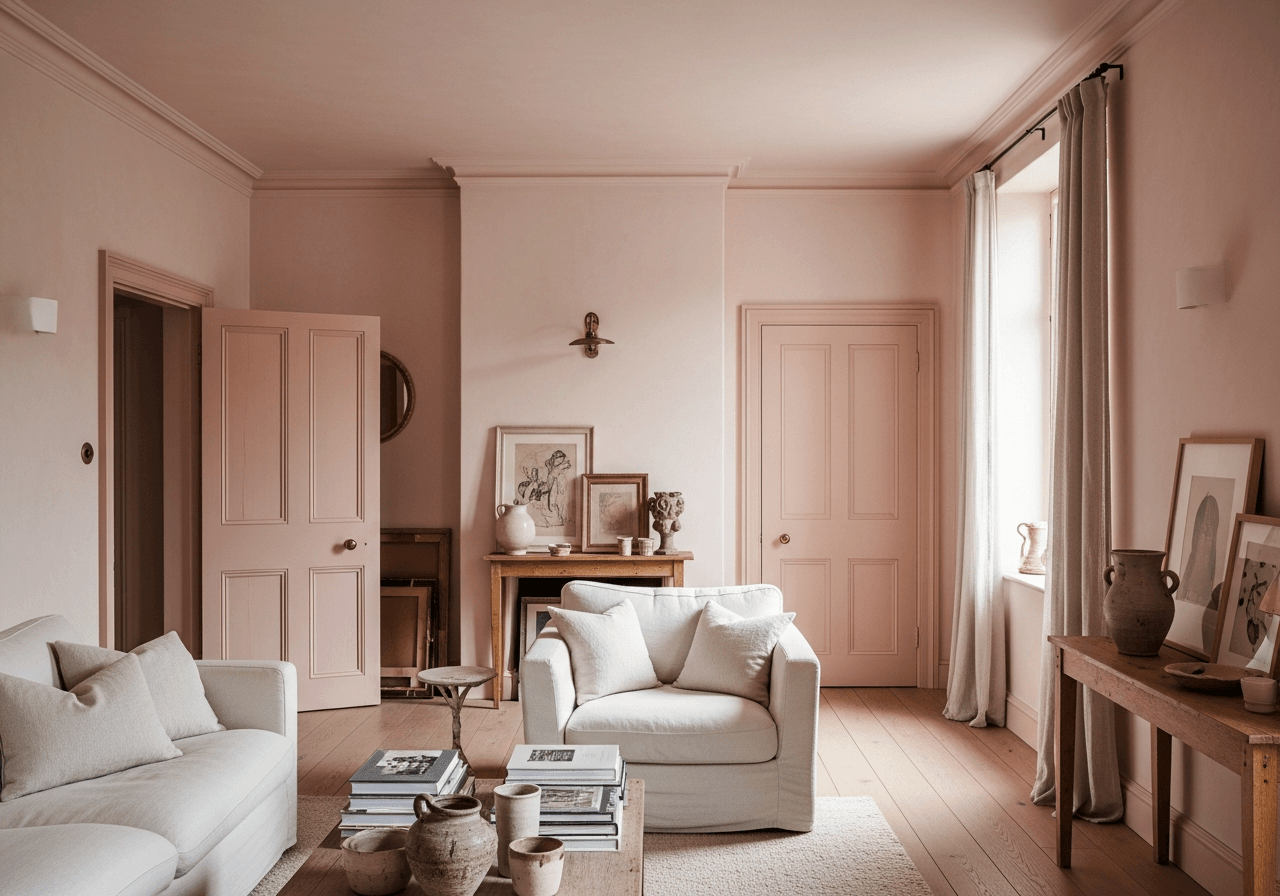
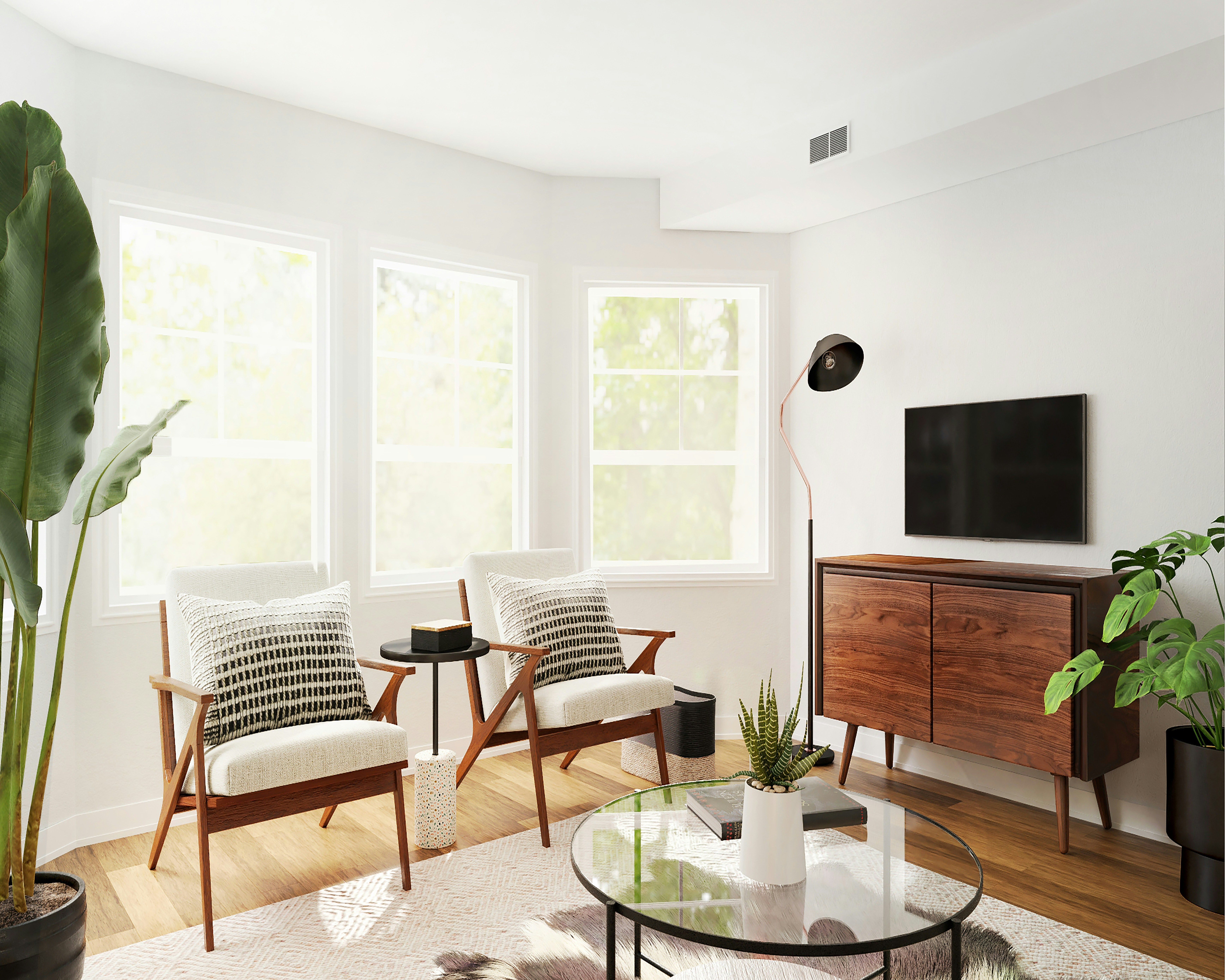
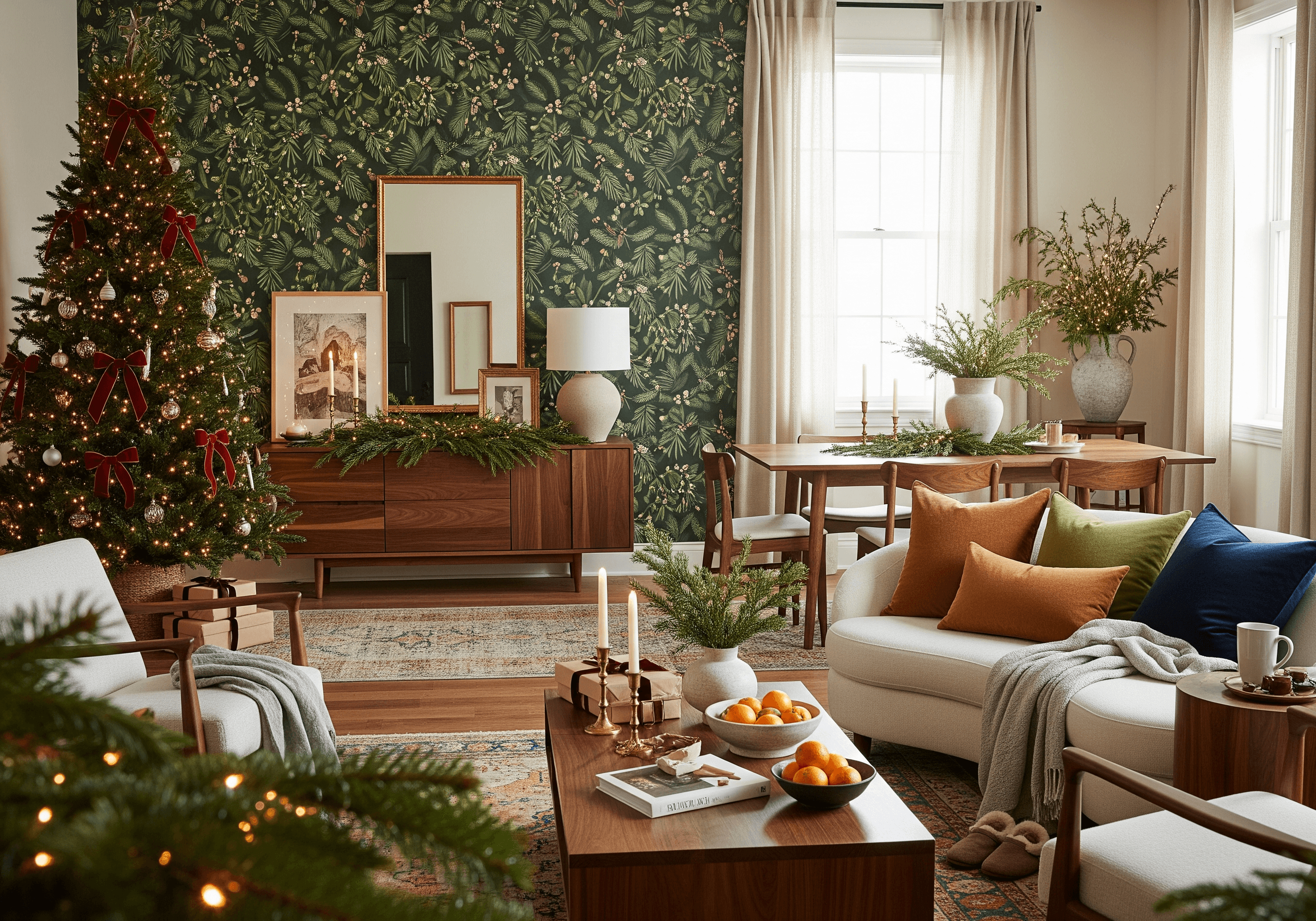
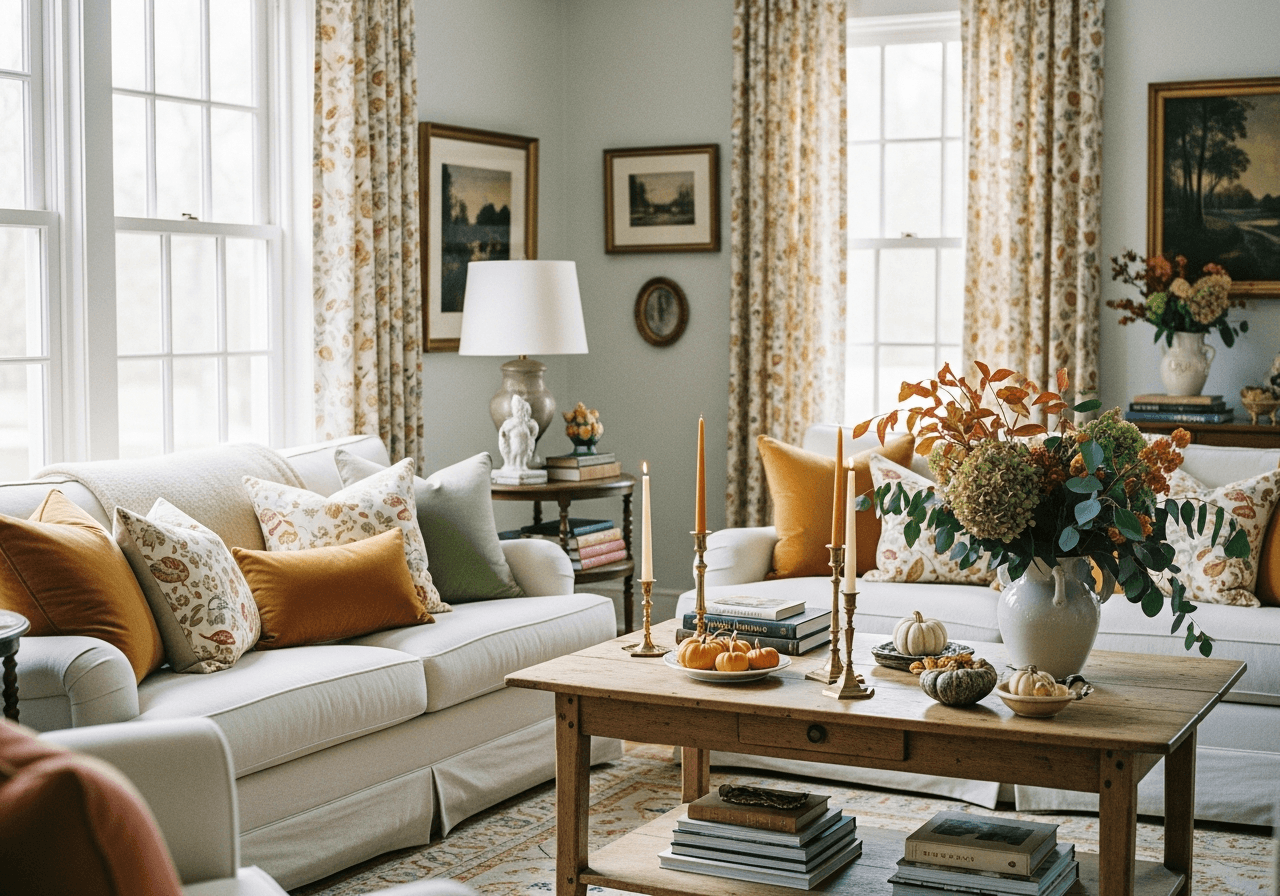
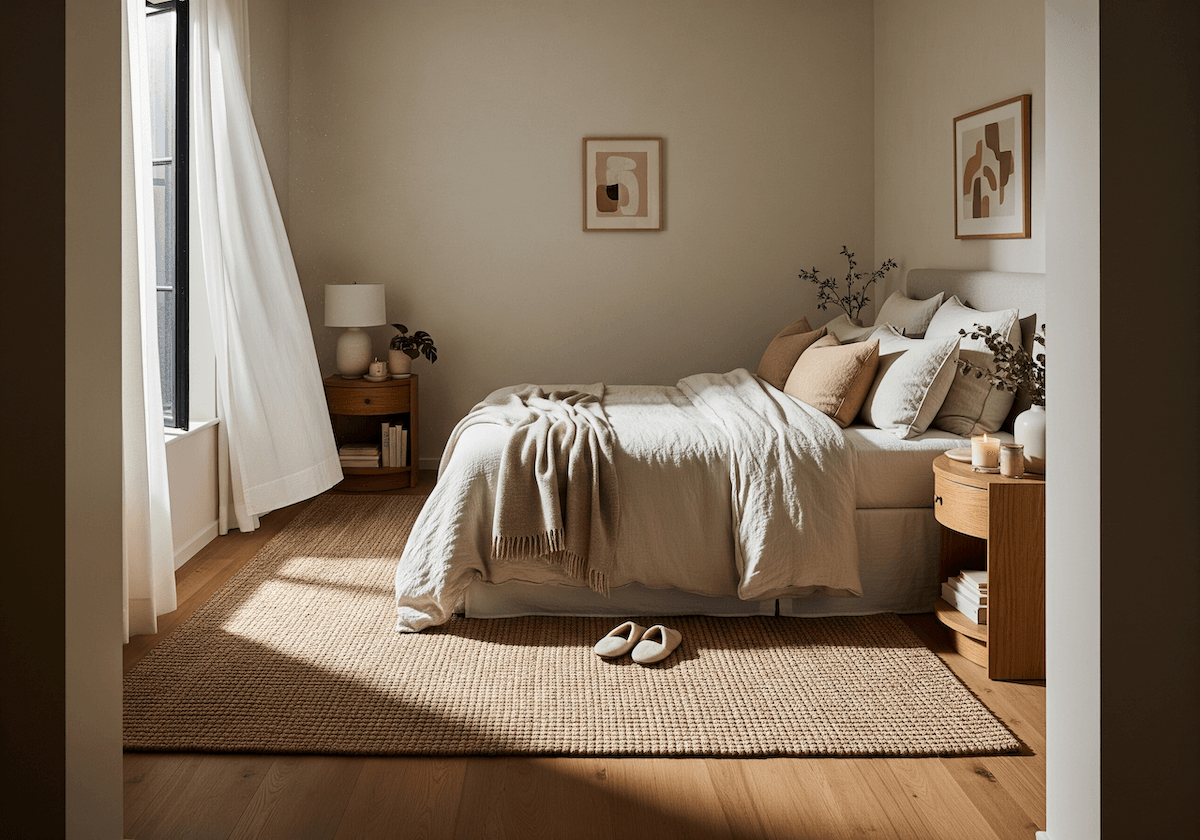
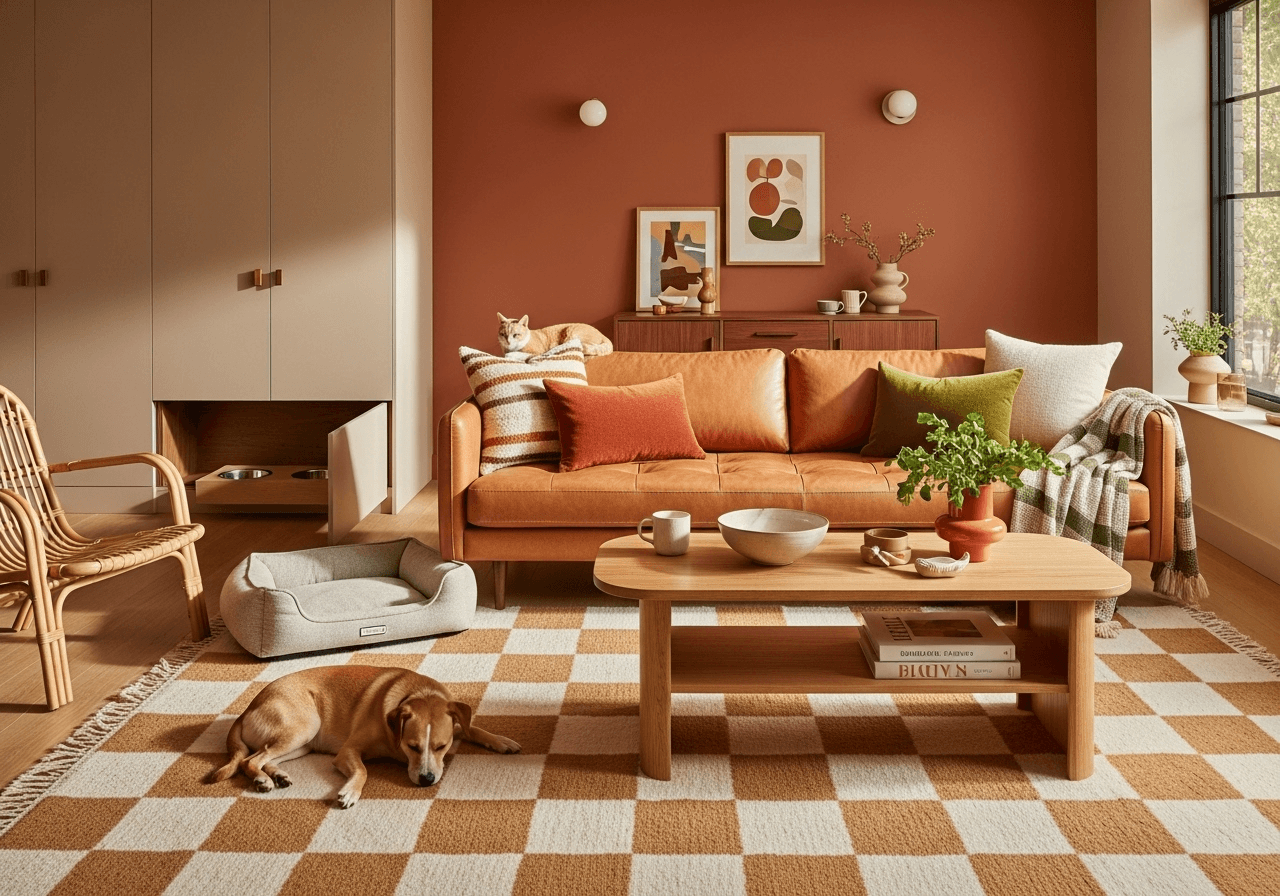


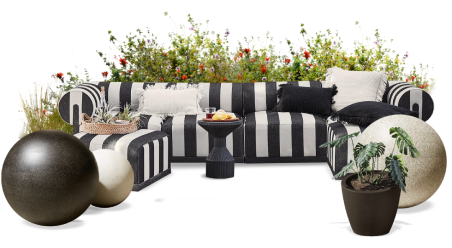
 20h left
20h left


